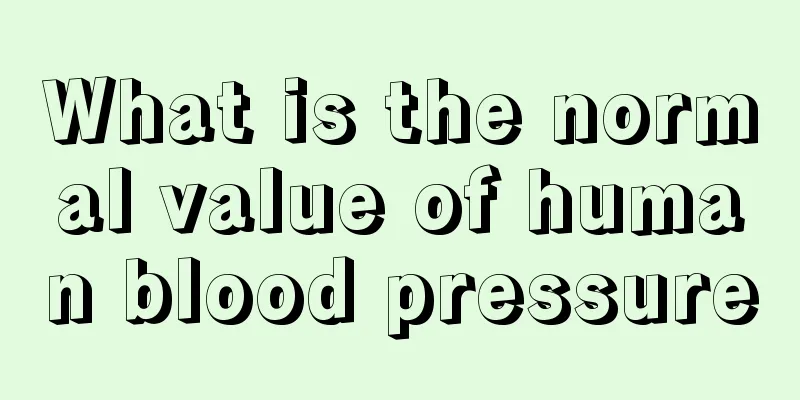What causes prostate cancer

|
Treatments for prostate cancer include surgery, radiotherapy, and drug therapy. Its occurrence is closely related to genetic, environmental, physiological factors, and pathological changes. The etiology of prostate cancer is complex, involving multiple factors such as genetic susceptibility, environmental exposure, hormone levels, and chronic inflammation. 1. Genetic factors play an important role in the occurrence of prostate cancer. Men with a family history of prostate cancer have a significantly increased risk of the disease, and certain gene mutations such as BRCA1 and BRCA2 are also associated with prostate cancer. For men with a family history, regular prostate-specific antigen PSA testing and rectal examination are recommended for early detection and treatment. 2. Environmental factors such as diet, lifestyle and chemical exposure also affect the occurrence of prostate cancer. A high-fat diet, lack of exercise, smoking and long-term exposure to certain chemicals such as cadmium and pesticides may increase the risk of disease. It is recommended to maintain a balanced diet, increase the intake of vegetables and fruits, reduce the consumption of red meat and processed foods, and avoid smoking and reduce chemical exposure. 3. Physiological factors such as age and hormone levels are important risk factors for prostate cancer. The incidence of prostate cancer increases significantly with age, especially in men over 50 years old. Excessive androgen levels may also promote the development of prostate cancer. For middle-aged and elderly men, regular physical examinations and monitoring of hormone levels are the key to preventing and early detection of prostate cancer. 4. Pathological factors such as chronic prostatitis and prostatic hyperplasia may increase the risk of prostate cancer. Chronic inflammation may cause cell DNA damage, which in turn leads to cancer. Although prostatic hyperplasia itself is not a precancerous lesion, it may mask the symptoms of prostate cancer. Patients with chronic prostatitis or prostatic hyperplasia should be closely monitored for changes in their condition and further examinations should be performed if necessary. Prevention and early detection of prostate cancer are crucial. Genetic counseling, a healthy lifestyle, regular physical examinations and timely treatment can effectively reduce the risk of disease and improve the cure rate. |
<<: Is prostate cancer dangerous?
>>: What are the symptoms of skin fibroma and how to treat it
Recommend
How many days does it take for the fertilized egg to reach the uterus?
Now that national policies are gradually opening ...
What are the symptoms of ovarian cancer metastasis to the peritoneum?
What are the symptoms of ovarian cancer metastasi...
Can you still eat dried kelp if it's moldy
Kelp is a plant that grows in the sea. It has hig...
Is there any specific medicine for neuralgic toothache?
Although toothache is a minor problem, once the t...
What foods are good for prostate cancer
As we all know, prostate cancer is very harmful t...
Can early-stage laryngeal cancer be cured?
What are the early symptoms of throat cancer? Thr...
What is the differential diagnosis of bladder cancer
What is the differential diagnosis of bladder can...
Is Coke high in calories?
I believe many people like to drink cola. It is h...
What to do if there are black marks after shaving
After men enter puberty, the male hormones in the...
Take a look at the symptoms of prostate cancer metastasis
Prostate cancer is a common disease among men in ...
What are the risk factors for prostate cancer
Prostate cancer is one of the common malignant tu...
Can I get pregnant if I have sex 18 days after an abortion?
Women who have had an abortion want to resume the...
Why do my teeth bleed every time I brush my teeth?
This happens to many people. Every morning when t...
What are the symptoms of chronic sleep deprivation?
We all know that lack of sleep can cause great ha...
Is 32 teeth normal?
Generally speaking, the number of teeth in our mo...









